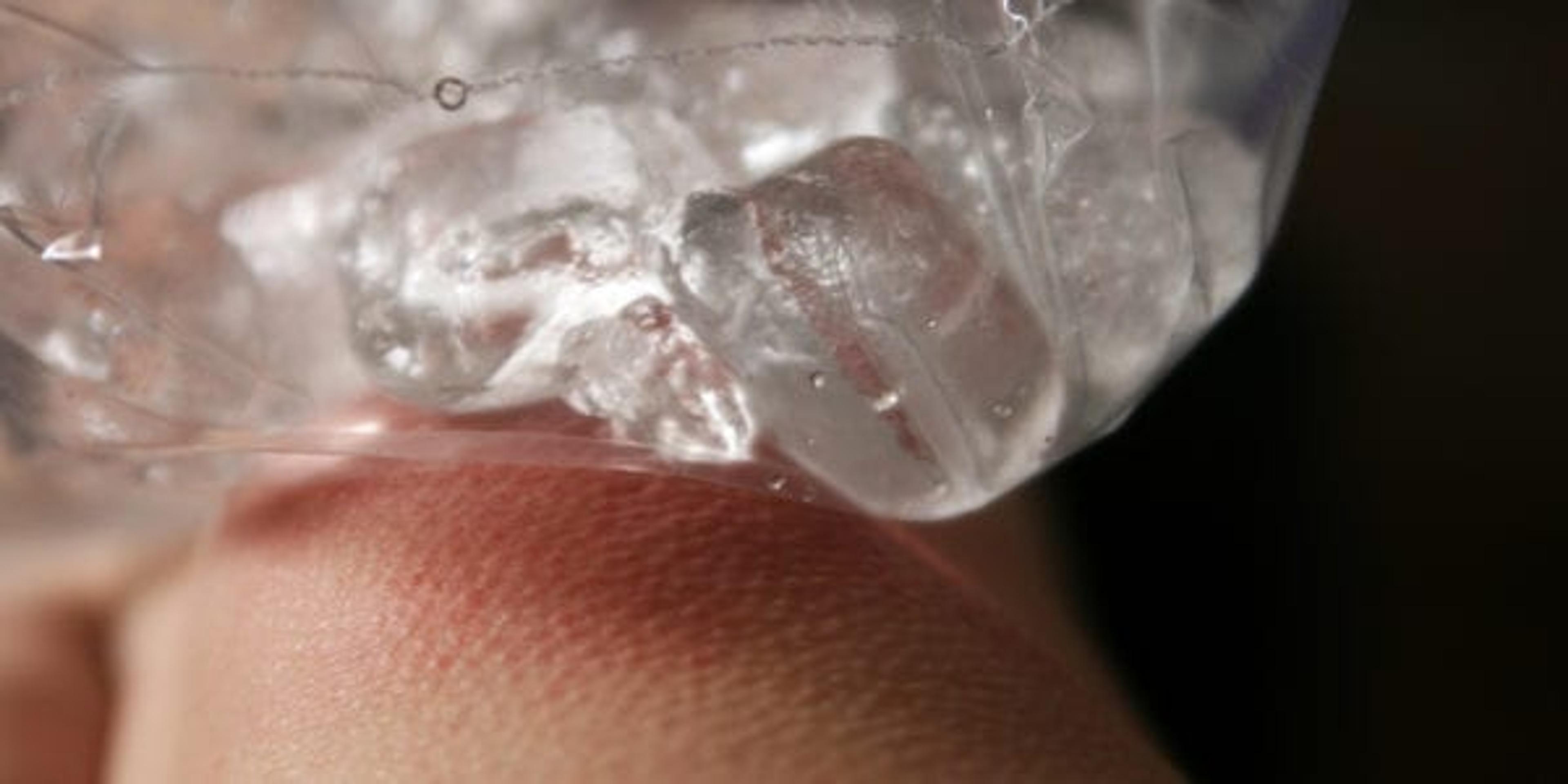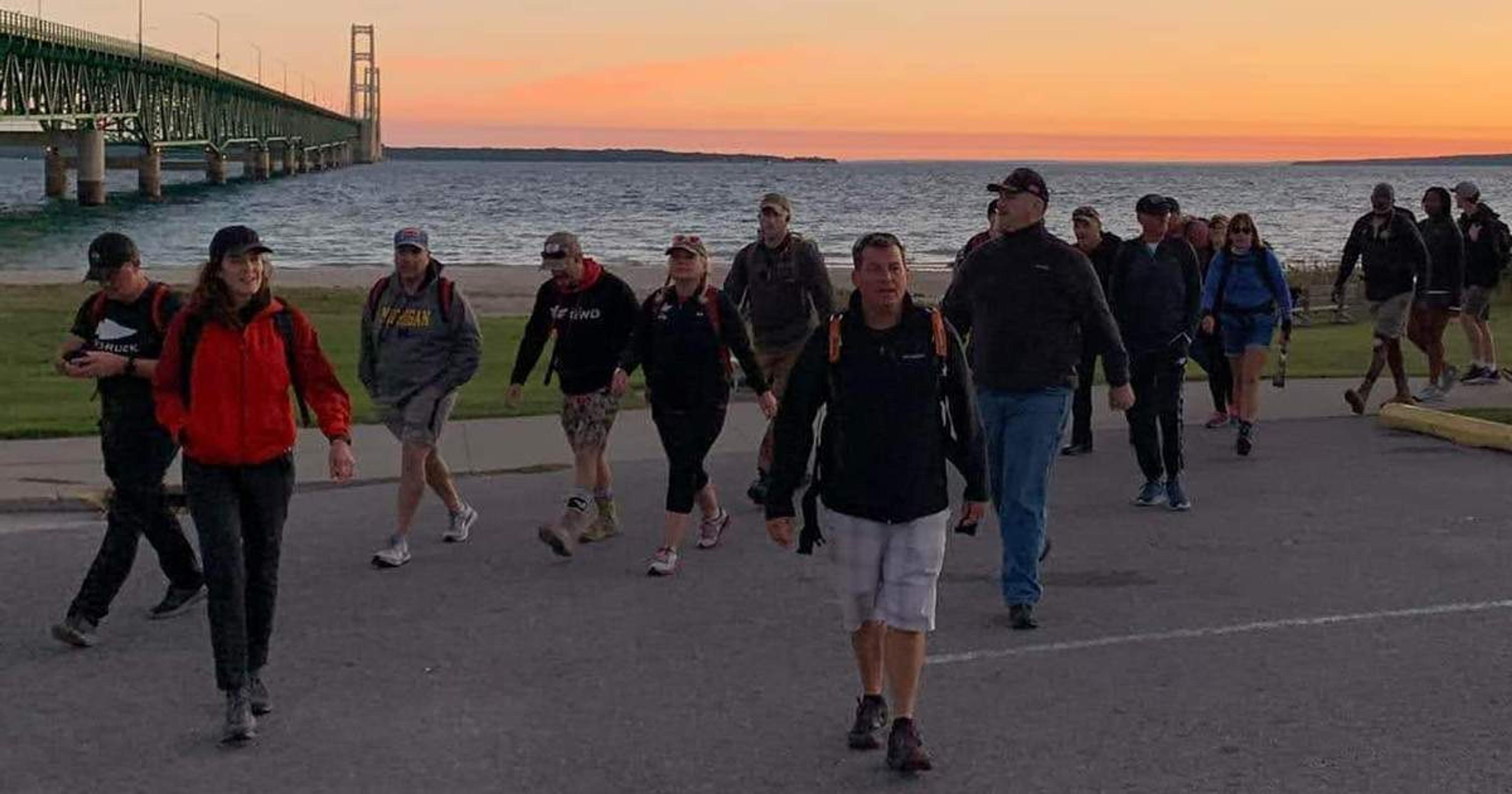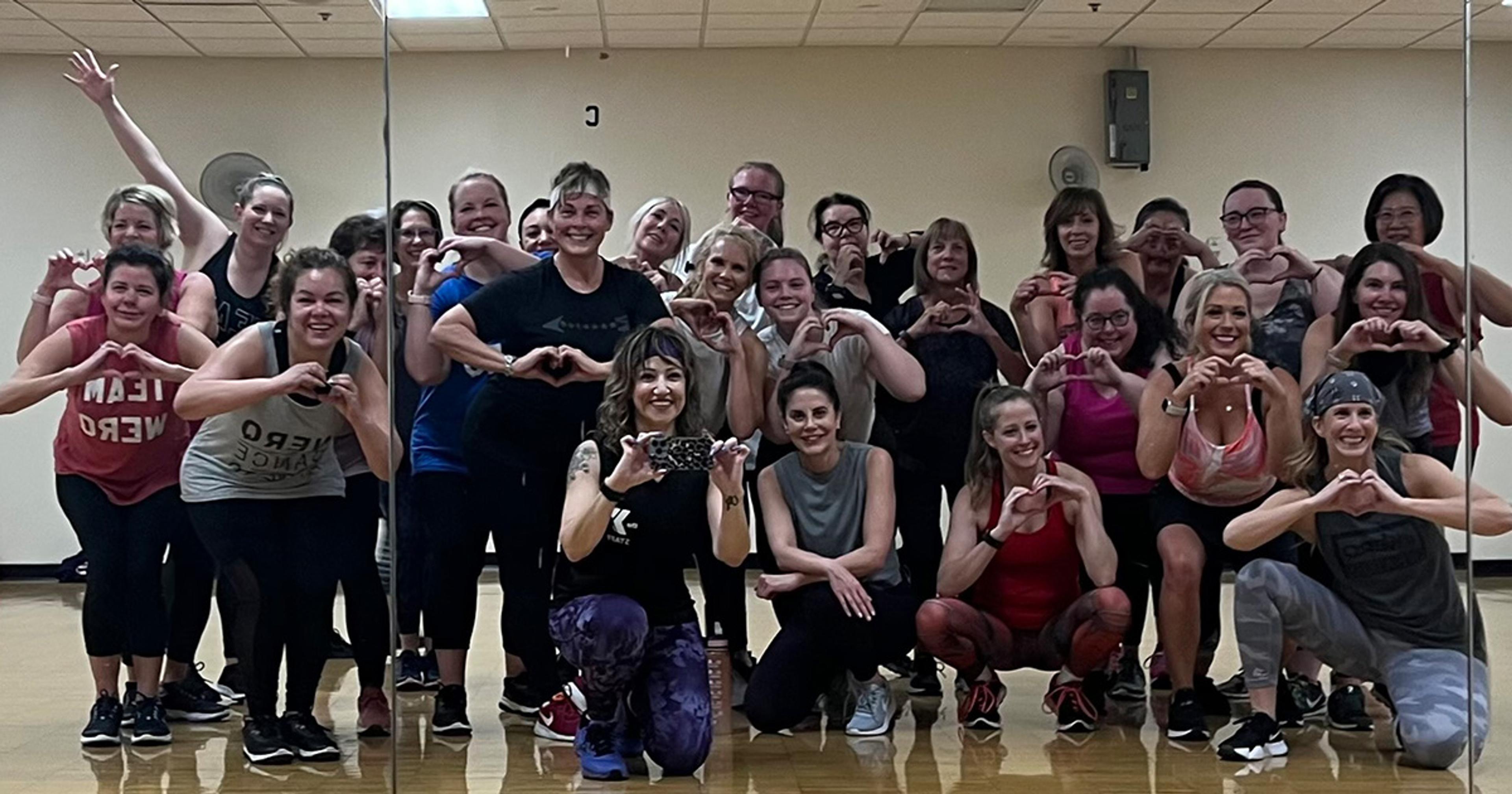Sore No More: How to Avoid Post-Exercise Pain
| 3 min read

If you’ve recently exercised for the first time in a long while (good for you!) or pushed yourself super hard at the gym (way to go!), you might be noticing that the next day your muscles ache so badly you wish you’d never exercised at all. That’s because of something called Delayed Onset Muscle Soreness, and it’s likely caused by microscopic damage to muscle fibers you exerted at the gym (the tears are a good thing—they allow muscle to grow!). It starts about 12 hours or so after you exercise, peaking 24 to 72 hours later. Unfortunately, the total-body achiness can make you skip your next few workouts. So instead of avoiding the gym completely, follow these tips to help alleviate soreness and stay true to your fitness goals.
Right after:
- Ice it. You may want to use a heating pad or take a hot bath, but actually, a bag of frozen peas wrapped in a towel is the best way to fight soreness. Called cryotherapy, icing relieves pain while preventing swelling and further muscle damage.
- Pop an Ibuprofen. The medicine temporarily prevents inflammation and has been shown to reduce muscle soreness pain.
- Use a foam roller. Using your body weight for pressure, roll your sore spots over this log-like tube. It may feel uncomfortable as you do it, but the theory behind self-myofascial release is that it can help prevent scarring of the fascia, the connective tissue between your muscles, which will make you feel less sore.
The next day:
- Take a hot bath. Soak in a tub with epsom salts—not only does the warm water soften tight muscles and feel good, but the magnesium from the salts gets absorbed through your skin and works as a natural muscle relaxer.
- Massage with arnica. Treating your well-spent muscles to a massage, even just using your own hands, can make you feel better faster if you rub in arnica gel, a homeopathic treatment made from a plant that helps reduce soreness, pain and swelling.
- Exercise—gently. Though it may seem counterintuitive since it’s the very thing that made you sore in the first place, easy exercise has actually been shown to be one of the most helpful tools in reducing soreness. Stick to low-impact exercises, like yoga, for the next two days after your initial workout, ideally using different muscles to let the ones you used before recover.
It’s worth noting that this advice is for overall muscle aches that come after a tough workout. If you feel a sudden, shooting pain during exercise, that is a sign of an injury and you should stop working out immediately.
This blog post is part of #HealthyMe, a personalized web experience based on your health and wellness goals. To sign up today, visit http://www.ahealthiermichigan.org/healthyme
Photo credit: Quinn Dombrowski





